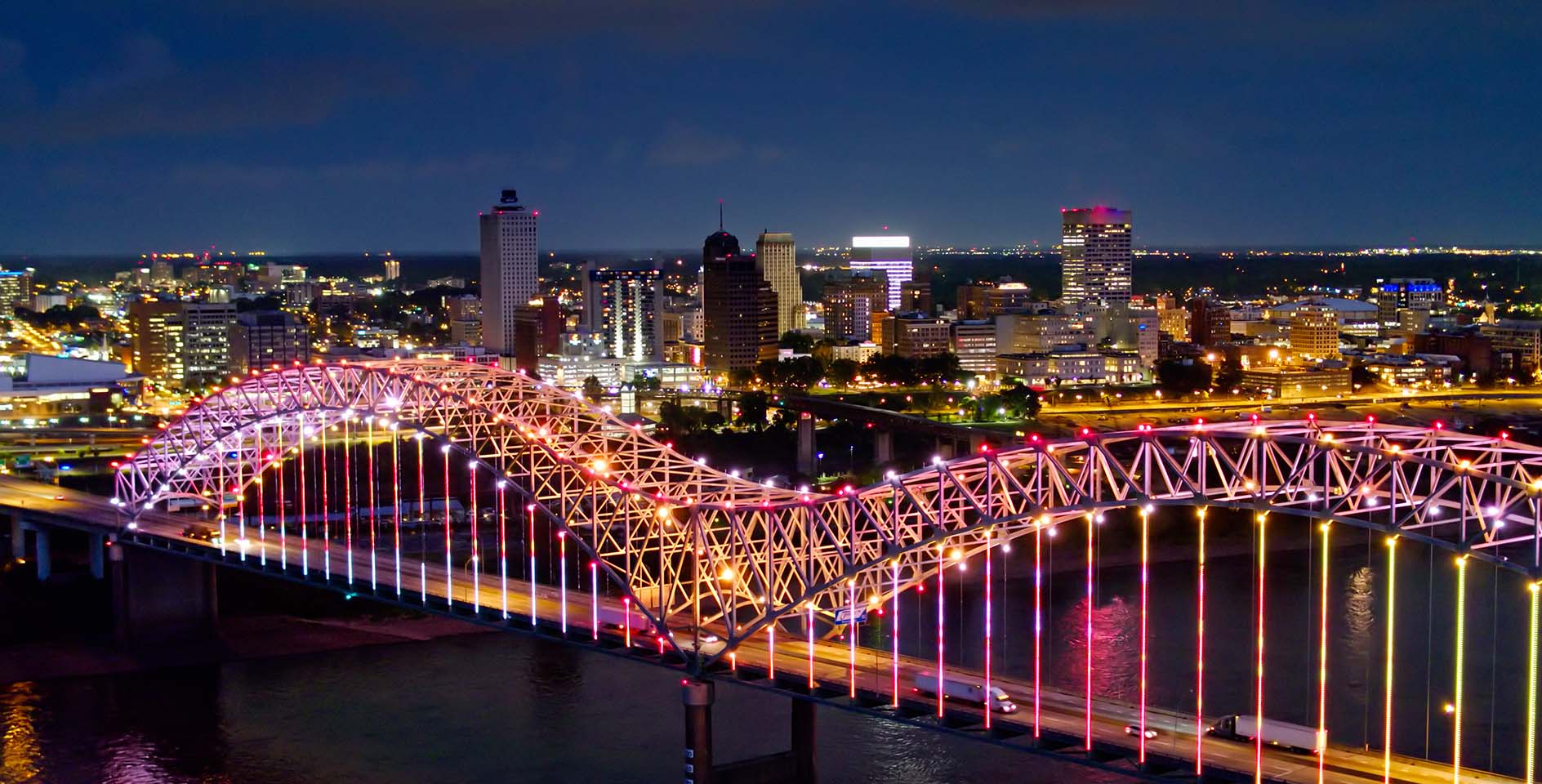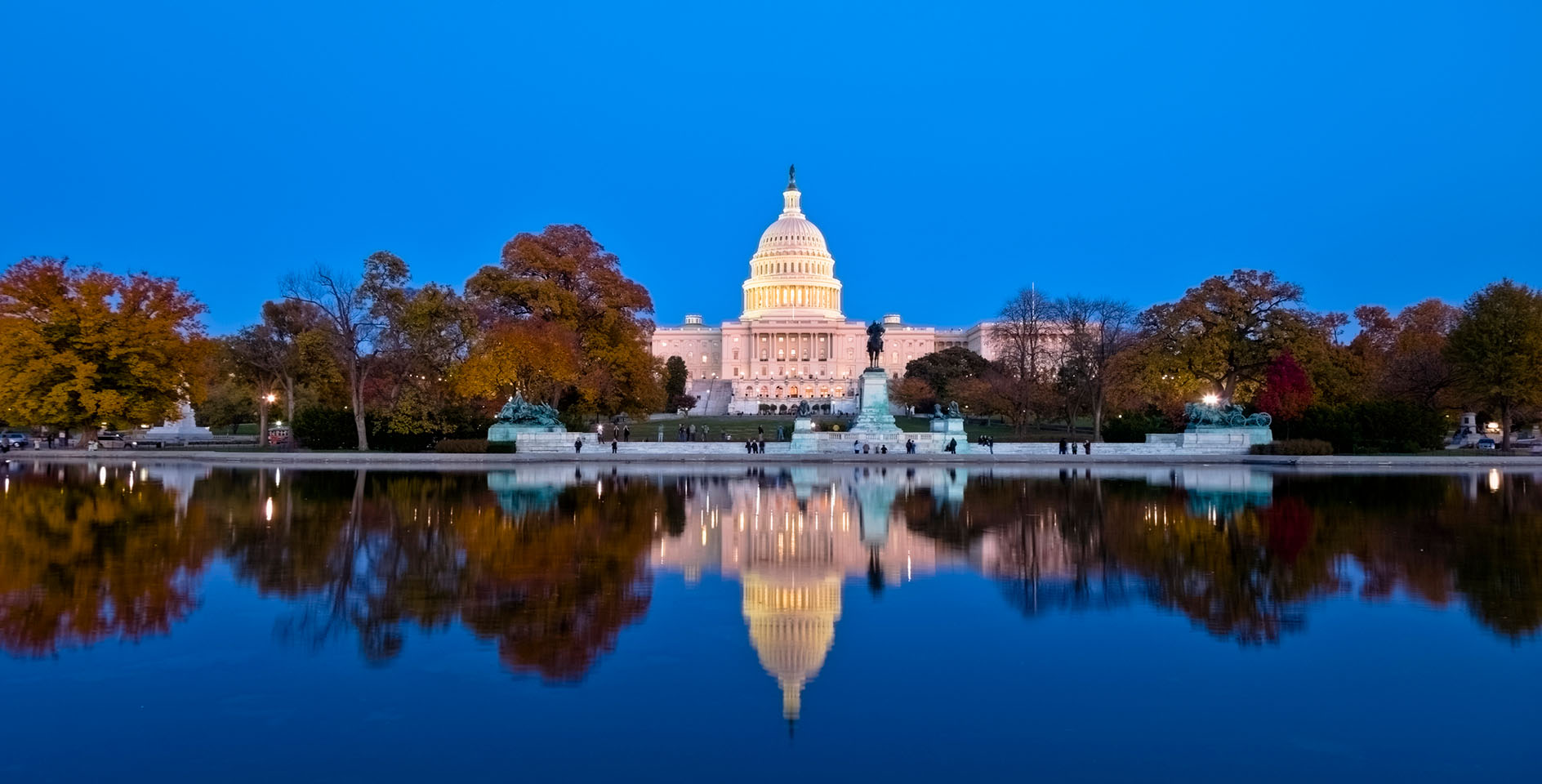We didn’t need to see it.
The sorrow expressed by law enforcement officials. The pleas from community leaders to not riot in response. The labels of “appalling” and “inhumane” used to describe the footage. All of these comments told us what we were about to see would be revolting.
They were right.
Video footage from the brutal beating of Tyre Nichols during a police confrontation is now public. It ought to sicken all who care about the city or work for racial unity or simply seek the wellbeing of our neighbors.
It now sits before us. Enraging us. Dispiriting us. Condemning us. Challenging us. Even questioning us: asking what we intend to do about such an act of brutality.
Memphis has been asking itself that for weeks. The city has been on edge waiting for this moment. Colleagues in Memphis have described the palpable tension in the air. A close friend has been worried about his hometown for the last several weeks.
Officials have been quick to act. Last week, the police chief fired the officers involved in Mr. Nichols’ death, and, yesterday, their arrests were announced. Each of them was charged with murder, along with several other crimes. The breadth of the charges was another sign of the appalling nature of what took place during the arrest.
Some will read about this case and say we cannot jump to conclusions. Others, upon learning that the officers involved were Black, will feel relieved, thinking that at least the racial element of a white officer and an unarmed Black man is absent from this tragedy. Still, others will think they are too far removed from Memphis to spend much time thinking about this.
But if you see this footage, all of that will fade away as you view the sheer horror inflicted upon Tyre Nichols.
I am stirred to anger because another life has been lost in this way. That the officers happened to be Black serves as confirmation that this is a systemic problem in our justice system requiring real reform. The distance of this atrocity does not matter, because my faith places no geographic qualification on who is my neighbor (Luke 10). We should pray, in this instance, that evil will be exposed in the course of the investigation and punished (Rom. 13).
The result of our collective devaluing of life
But as with other tragedies, deeper reflection is required.
There will be unhelpful voices which call us to ignore this as a single case of bad apples, already dealt with by a system working as it should. There will be those who call for radical proposals such as eliminating the police and defunding them, a proposal that ignores the very real benefit that officers and government bring when they are doing their duty to promote order and protect citizens from evildoers. Both of these extremes must be avoided if we are to address the real problems at this moment.
No, the real solution for this actually goes beyond law enforcement. It calls us to consider both the societal and individual results of a culture of death.
It should be abundantly clear to all that we have witnessed a devaluing of human life across our society in nearly every sector.
A nation that has so easily eradicated the unborn for generations spawns a culture where a man can be pulverized to death mere yards from his home by those who should be there to serve and protect.
A nation that separates children from their mothers in the name of border security creates a culture where security officials eagerly take on the role of executioner without thinking to involve the judge and jury in the equation.
A nation that views elderly life as discardable enables a culture where no one dares to intercede as a bludgeoned man cries out for his mother in his final moments.
We should resist the temptation to decouple any of these things. They are all connected because they reveal that we do not fully see, fully appreciate, or fully comprehend the awesome responsibilities we have toward one another because each of us is made in the image of God (Gen. 1). This principle spans across fields of occupation. The doctor, the educator, and, yes, the law enforcement officer all have as much responsibility as every pastor and minister to see the inherent dignity and value the immeasurable worth of every individual.
When we fail to do so, it leads to tragedies like this in Memphis.
But it is precisely because of this city that I have some optimism that real action will come from this moment. The faith community there is strong––and resilient. They’ve faced adversity like few cities. The ministers of the gospel there have been forged in the fires of previous tragedy. There’s a bond that ties together the churches and ministries in Shelby County that I have personally witnessed and worked alongside. If there is any community that can come back from the devastation of this video, it will be Memphis.
We should pray for this outcome. We desperately need an example of the Church shepherding a community and leading broken, sin-torn hearts to the suffering Savior. And we need leaders and activists responding with real reforms that bolster the police force and work toward safer neighborhoods. This will ensure the weighty calling of protecting a community begins with the vital foundation that every person has value and will be treated accordingly throughout our justice system.
I long for a day when we have moved beyond events like this. Where every individual feels respected and protected by every officer of the law. The evidence that our culture has moved to a better place will be that life itself is seen as invaluable throughout our society.
We all should long and plead that God would usher in that day, because repulsive and heartbreaking videos like this are almost too much to bear. The grief is so heavy. It shows that day is very far off indeed, and that now is a time for weeping.










